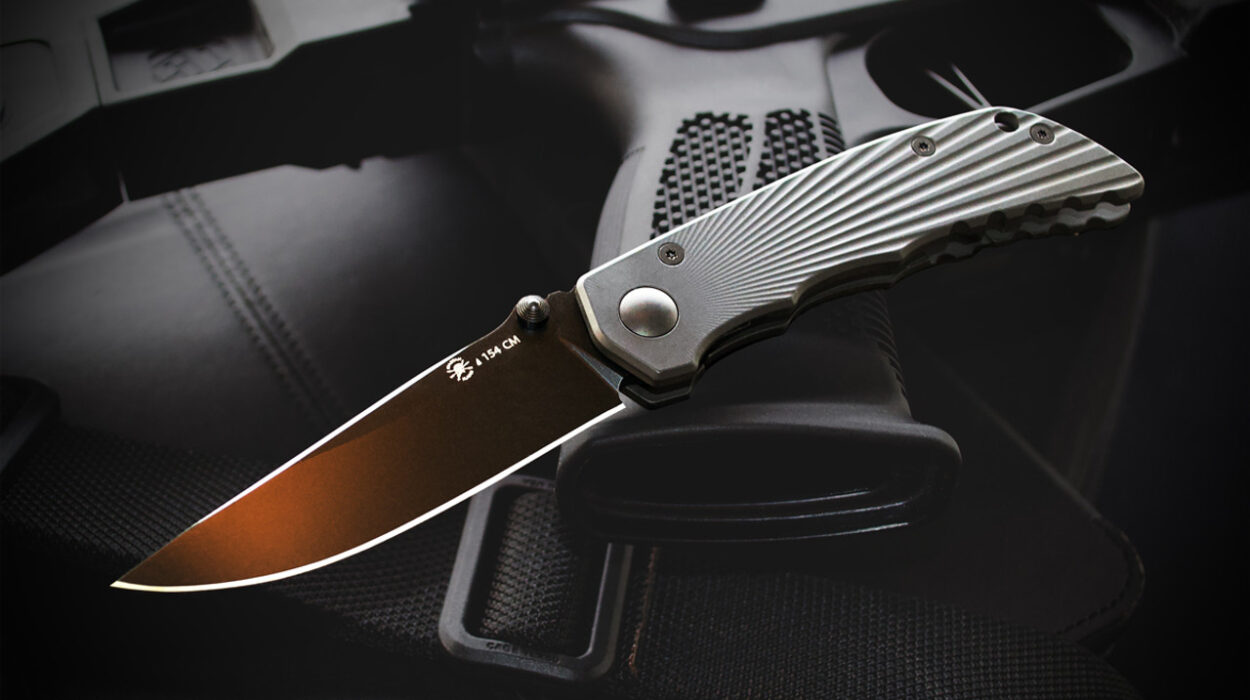The military folding knife is a versatile tool, often associated with soldiers and adventurers. Its compact design and multi-functional uses have made it indispensable in various settings. Understanding the usage of a military folding knife can enhance ones ability to handle it effectively and safely. Learn more about different knife types.

History of Military Folding Knives
Folding knives have been part of military gear for centuries. Originally designed for convenience, they evolved to meet the demands of modern warfare and survival. Their history reflects a blend of practicality and innovation, making them a favorite among military personnel.
Features of a Military Folding Knife
Blade Material
The blade material is crucial for a knife’s performance. Most military folding knives use high-carbon or stainless steel for durability and sharpness. These materials ensure the knife withstands tough conditions without losing its edge.
Handle Design
The handle of a military folding knife is designed for a firm grip. Materials like G-10, aluminum, or carbon fiber are common, offering balance and comfort. This ensures the knife can be used efficiently even in wet conditions.
Locking Mechanism
A reliable locking mechanism is essential for safety. Most military folding knives feature liner locks, frame locks, or axis locks. These mechanisms keep the blade secure when in use, preventing accidental closures.
Practical Applications
Field Operations
In the field, a military folding knife is used for cutting ropes, opening packages, and other essential tasks. Its portability makes it a convenient choice for soldiers who need a reliable tool at hand.
Survival Situations
In survival scenarios, the knife’s versatility is invaluable. It can be used for building shelters, preparing food, and even self-defense. Its compact size means it can be carried easily, making it ideal for unexpected situations.
Everyday Tasks
Beyond military use, these knives are popular in civilian life. They are perfect for everyday tasks like opening boxes or cutting cords. Their durability ensures they stand up to regular use.
Maintaining Your Military Folding Knife
Regular Cleaning
To keep your knife in top condition, regular cleaning is necessary. This involves wiping down the blade and handle to remove dirt and moisture. Learn how to sharpen your knife at home.
Blade Sharpening
Sharpening is essential for maintaining the knife’s effectiveness. Using a sharpening stone, you can keep the blade sharp, ensuring it cuts smoothly. Regular sharpening also prolongs the life of the blade.
Proper Storage
Storing your military folding knife properly prevents damage. It should be kept in a dry place, away from moisture that can cause rust. A sheath or case can offer additional protection.
Legal Considerations
It’s important to be aware of the legalities surrounding folding knives. Laws vary by region, so it’s crucial to understand rules regarding blade length and carrying permissions. Check the legal blade length for your area.
Choosing the Right Military Folding Knife
When selecting a military folding knife, consider factors like blade type, size, and handle material. These elements affect the knife’s performance and suitability for your needs. A well-chosen knife can be a reliable companion in various situations.
Conclusion
The military folding knife is a tool of immense utility. Its design caters to various needs, from military operations to everyday tasks. By understanding its features and proper usage, you can maximize its potential and ensure safety. Explore tips for building your knife collection.

FAQ
What makes a military folding knife different?
A military folding knife is designed for durability and versatility, often featuring tougher materials and reliable locking mechanisms compared to regular folding knives.
How do I maintain my military folding knife?
Regular cleaning, sharpening, and proper storage are key to maintaining your military folding knife. Keeping it dry and using a protective case can extend its lifespan.
Are military folding knives legal to carry?
Legality varies by location, so it’s important to check local laws regarding blade length and carrying permissions. Ensure compliance to avoid legal issues.
This article contains affiliate links. We may earn a commission at no extra cost to you.


